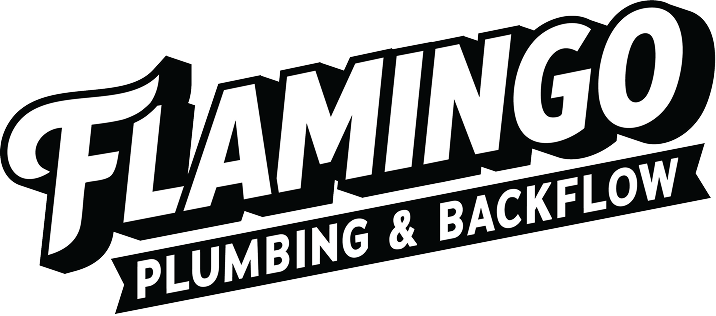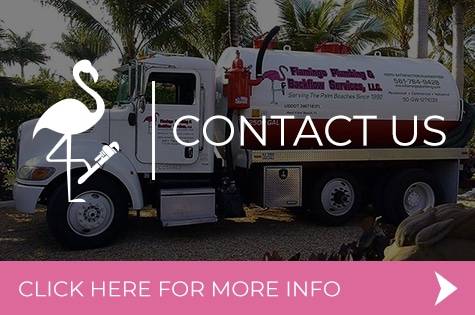The grease trap is amongst the important appliances in the kitchen, whether it’s domestic or commercial. This unit eliminates grease, oil, and fat from the kitchen wastewater preventing clogging of the drainage system. But even so, many people tend to ignore it when it comes to maintenance services.
As a result, this leads to FOG build-up, which is a setback to grease trap efficiency. Oftentimes, the result is nasty odors that are tormenting when you walk into the kitchen. As a result, it’s important to schedule seasonal grease trap cleaning to eliminate FOG (Fat, oil, grease).
Why Seasonal Grease Trap Cleaning is Important
There are several reasons why season grease trap cleaning is important. And here are some of the key ones to note:
- Eliminate Foul Smell
While a grease trap is effective in eliminating FOG from kitchen wastewater, it doesn’t prevent it from decomposing. Depending on the rate of decomposition, you may begin sensing a rotting odor making your kitchen inhospitable. And when the FOG is not treated, the foul smell can diffuse into the entire household or business premises.
Fixing this issue without suffering major repercussions is easy if it’s in your household. However, you can’t say the same if it’s a business (restaurant). Therefore cleaning the grease trap earlier before the emergence of a foul smell is advisable.
- Awful Cleaning
When the grease traps are full with FOG, food particles settle in the tank creating a thick and hard mass. And when this happens over time, the mass becomes thicker, harder, and impossible to eliminate. Therefore to avoid this awful cleaning, cleaning the seasonal cleaning of the grease trap is important.
- Prevents Waste Tank Replacement
Both the FOG and food that settles in the tank have different chemical compositions. And when decomposition begins, it can lead to the creation of toxic chemicals that can corrode the tank prompting replacement.
- Avoid Penalties
Every county or municipality has set specific regulations when it comes to tackling FOG in grease traps. And any practice against these guidelines can lead to enormous penalties.
- Prevent Business Losses
Not maintaining the grease trap in your restaurant can lead to great business losses. The buildup of awful smells can deter clients and generate a bad reputation for your business. Therefore, it’s important to clean up the grease trap once in a while to prevent such losses.
- Avoid Clogging of Drainage System
Grease traps work is to prevent FOG from getting into the main drainage line. And when it’s full, it can overflow creating a potential for drainage clog and more expenses when unclogging.
When Should You Schedule Grease Trap Cleaning?
When it comes to standard practice, you must schedule grease trap cleaning after every three months (90 days). However, you are not limited to this time frame. If your kitchen fills up the grease trap quicker, you may have to schedule cleaning before the 90 days.
There’s also the grease trap capacity. Whether it’s your household or restaurant grease trap, small capacity may mean quick fill up. And those with bigger grease traps, it may take more than 90 days to fill up. Therefore, what’s important is to track the FOG level in the grease trap. Thereafter, determine when the right time for a cleanup appointment is.
Final Take
Do you think it’s time to clean your grease trap? Well, call Flamingo Plumbing if you’re Palm City Florida Resident. Further, those in West Palm Beach can also benefit from their outstanding professional services. And even after the clean-up, it’s important to note the period for another clean-up.
As mentioned earlier, three months is enough waiting period for another grease trap cleaning. However, if you’re running a restaurant business, you may have to schedule cleaning of the grease trap earlier. With that said, always monitor the level of FOG in the grease trap weekly or monthly.





